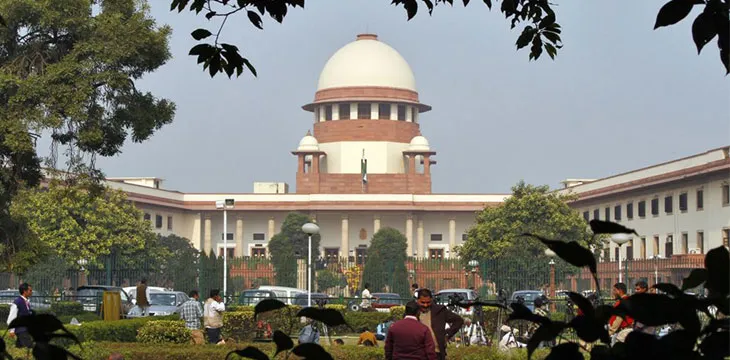|
Getting your Trinity Audio player ready...
|
The Indian government must release its finding on cryptocurrencies within two weeks, as ordered by the country’s Supreme Court that is currently hearing petitions against the present ban on cryptocurrency-related companies dealing with banks.
Cryptocurrency exchange Wazirx CEO Nischal Shetty was reported by news.bitcoin.com as saying, “Supreme Court has asked govt. to file an affidavit related to the findings of the crypto committee set up by them. They’re supposed to submit this within two weeks.”
The Reserve Bank of India’s (RBI’s) banking ban was contested at the Supreme Court by some of the country’s cryptocurrency exchanges as unconstitutional. The committee assigned to draft the report was supposed to submit it last September. No indication has been given as to whether it would maintain the RBI’s position that cryptocurrencies were not money.
Shetty said, “We don’t know what the committee report contains as of now… What we can expect is much more clarity about crypto from a government point of view. That’s a good step forward.”
As popular as cryptocurrencies have become in India, the local industry remains uncertain about its future. Cryptocurrency exchange Unocoin had just set up the country’s first cryptocurrency ATM last week, but authorities soon after shut it down and confiscated the machine, as well as arrested co-founder Harish B.V. India’s Central Crime Branch said that Unocoin had no permission to install the machine and that the company was “dealing in cryptocurrency outside of the remit of the law.”
While some countries’ governments have expressed the same concerns about purchasing cryptocurrencies, such as that it encouraged illegal transactions or made people vulnerable to scams, not all of them have implemented prohibitions or severely inhibited related business operations. Still, increased regulation is becoming more a matter of course, for the purpose of consumer protection.
Japan’s Financial Services Authority (FSA), for example, is considering rules for the management of customers’ assets, such as limitations for margin trading with cryptocurrencies.
The UK is deliberating regulations that would put the cryptocurrency industry under the purview of its Financial Conduct Authority. The UK Parliament’s Treasury committee has warned of the volatility of cryptocurrency prices, and its possible use for illegal activities.

 08-05-2025
08-05-2025 





